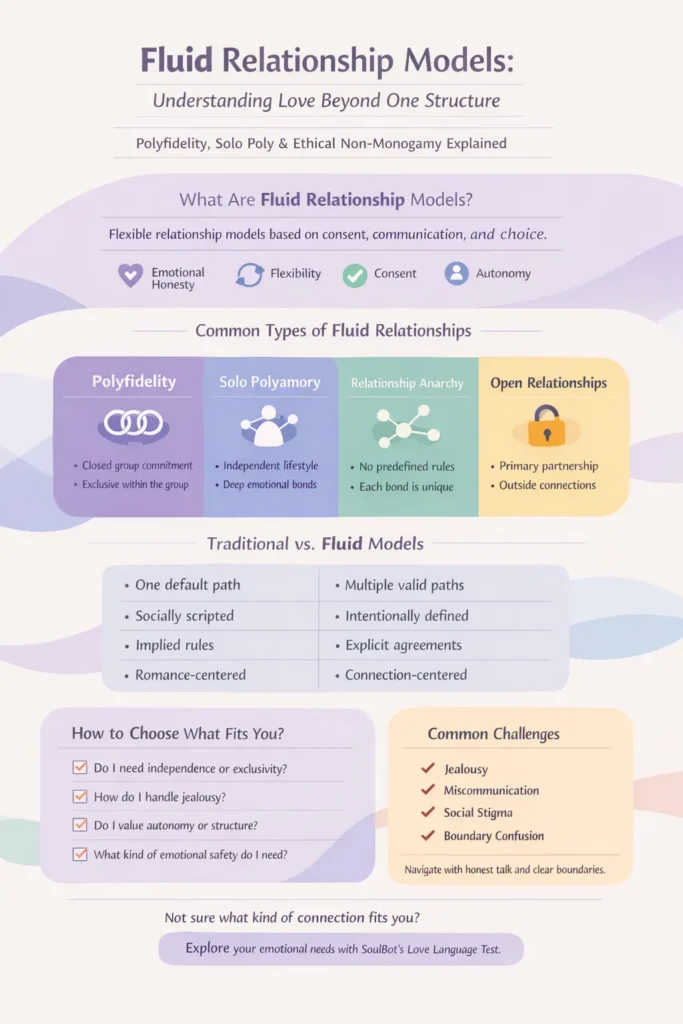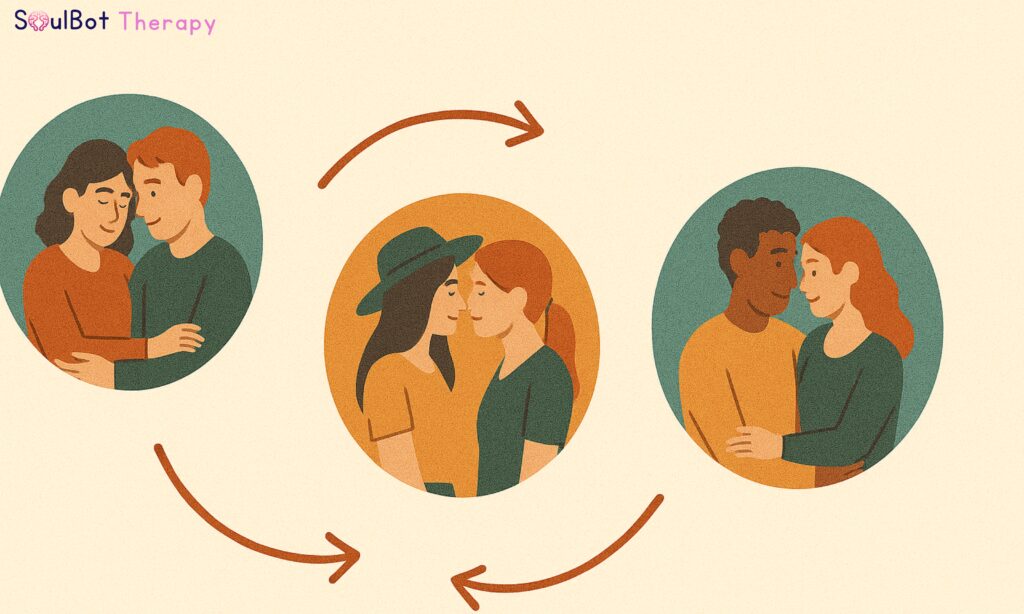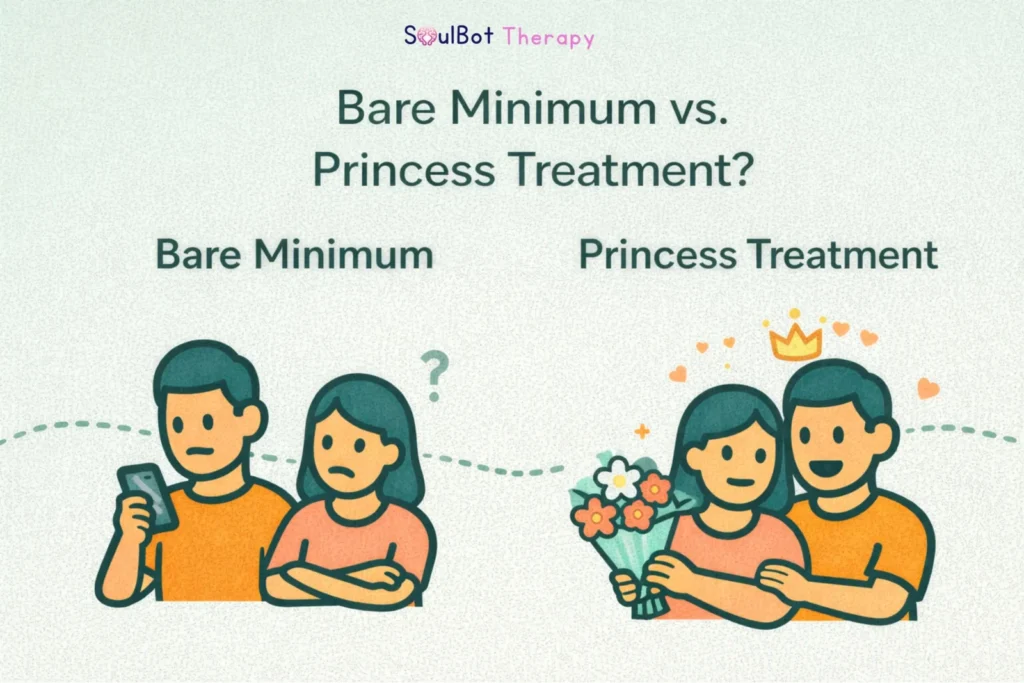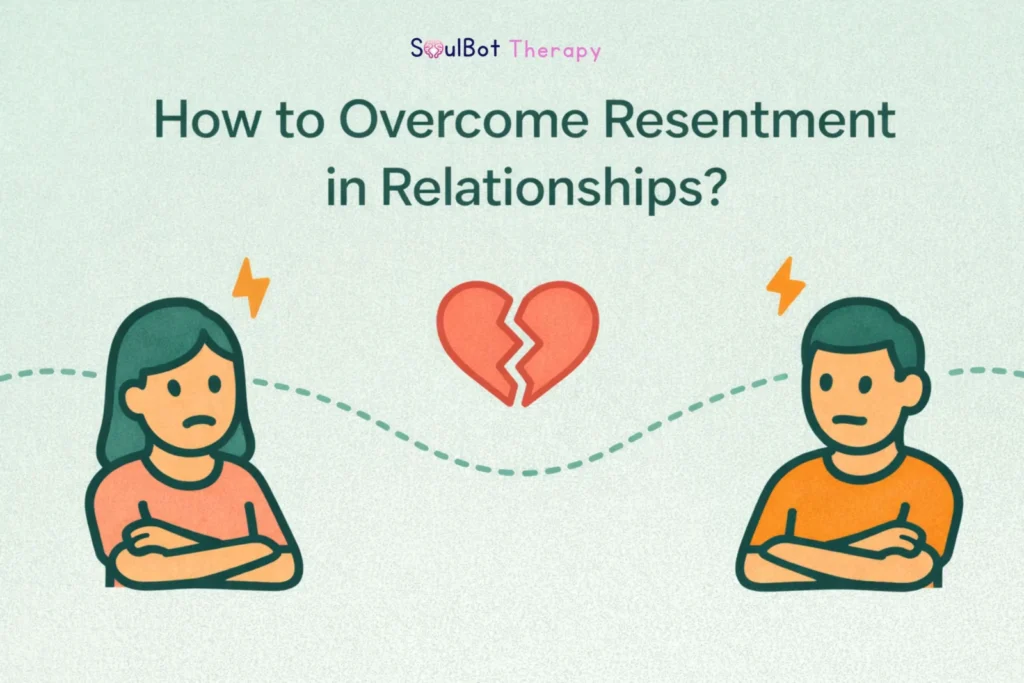Fluid relationship models are not about following a one-size-fits-all rulebook. They’re about flexibility, choice, and creating relationships that work for you. Whether that means one partner, multiple partners, or something in between. More people are exploring alternatives to traditional monogamy, and understanding models like polyfidelity and solo polyamory can help you decide what feels right for your emotional and relational needs.
🧠 Curious about your emotional connection style? Try SoulBot Love Language test.What Are Fluid Relationship Models and Why Do They Matter?
Fluid relationship models allow people to define connection, intimacy, and commitment outside of rigid norms. Instead of forcing yourself into a structure that doesn’t fit, you create one that aligns with your values, lifestyle, and boundaries.
They matter because relationships are deeply personal. Not everyone thrives in monogamy, and not everyone wants complete independence. By exploring the types of ethical non-monogamy, you can discover setups that prioritise relationship autonomy and emotional honesty.
What Is Polyfidelity and How Is It Different From Polyamory?
Polyfidelity is like a closed circle of partners. Everyone in the group is romantically or sexually exclusive with one another, but not with people outside that circle.
While polyamory often allows partners to see others independently, polyfidelity focuses on shared commitment within the group. All partners explicitly agree to the structure and boundaries, which is what makes it ethical.
Who Chooses Solo Polyamory and Why?
Solo polyamory, or solo poly, is about independence. You may have deep, meaningful connections, but you live separately, make your own life decisions, and don’t prioritise merging finances, living spaces, or life plans.
People often choose solo poly for emotional autonomy, valuing freedom without sacrificing intimacy. It works well for those who enjoy deep bonds but want their identity and lifestyle to remain fully their own.
Solo polyamory is not about avoiding commitment; it’s about choosing autonomy while still valuing connection.
🧠SoulFact: According to a 2021 study published in the Frontiers in Psychology, about 4–5% of people in the U.S. are currently in some form of consensual non-monogamous relationship, with an even larger percentage expressing interest in trying one.
What Other Ethical Non-Monogamy Types Should You Know?
Fluid relationship models can also include:
- Relationship anarchy – no predefined rules; connections are shaped organically
- Open relationships – committed partnerships with outside sexual relationships
- Quads – four-person romantic arrangements
- Parallel polyamory – separate relationships that don’t necessarily interact
How Do You Decide Which Fluid Relationship Model Fits You?
Choosing the right model starts with asking yourself:
- How much independence do I need to feel fulfilled?
- Do I value exclusivity or openness more?
- How do I handle jealousy, boundaries, and shared time?
If you prioritise relationship autonomy but still want a firm commitment, polyfidelity might work. If emotional independence matters most, solo poly could be a better fit.
What Challenges Come With These Models and How to Navigate Them?
Every setup comes with its challenges:
- Jealousy – Address it openly and without shame
- Social misunderstanding – Be ready to educate or set boundaries
- Coordination – More people mean more communication
Practising emotional transparency and defining boundaries early helps avoid misunderstandings.

How Can SoulBot Support You in Exploring Relationship Fluidity?
SoulBot can help you explore fluid relationship models with:
- Communication prompts to discuss boundaries
- Emotional check-ins to navigate jealousy or doubt
- Value-alignment tools to clarify your priorities
💡SoulFact: Research from the Journal of Sex Research shows that individuals who feel more control over their relationship structure, whether monogamous or non-monogamous, report higher satisfaction and lower psychological distress.
Final Thought
Fluid relationship models are about conscious choice. Whether you lean toward polyfidelity, solo poly, or another form of ethical non-monogamy, what matters most is that your relationship supports your emotional health and personal growth.
💬 Need help defining your boundaries? SoulBot’s AI-guided journaling can help you get clarity.
🧠 Not sure what kind of connection actually suits you?
The Love Language Test helps you understand how you give, receive, and need emotional closeness, beyond labels.
👉 Take the Love Language Test🔗Related Reads
- How to Build Emotional Intimacy in a Relationship?
- Relationship Green Flags: 7 Signs You’re Building It Right
- Relationship Growth Checklist: Are You Growing Together or Apart?
- Relationship Red Flags You Should Never Ignore
- Conflict Resolution in Relationships: Strategies That Actually Work
- Relationship Trauma: How Your Past Shapes the Way You Love
- How to Rebuild Trust in Relationships After Betrayal?








